Intro
Discover the 7 long Covid symptoms, including fatigue, brain fog, and persistent pain, and learn about post-Covid syndrome, Covid long-haulers, and chronic Covid complications.
The COVID-19 pandemic has brought about a plethora of health concerns, with one of the most significant being the emergence of Long Covid. This condition, also known as Post-Acute Covid-19 or Chronic Covid-19, refers to the persistence of Covid-19 symptoms beyond the expected recovery period, often lasting for weeks, months, or even years. As research continues to unravel the mysteries of Long Covid, it has become increasingly important to understand its symptoms, causes, and implications on daily life. In this article, we will delve into the world of Long Covid, exploring its 7 prominent symptoms and what they mean for those affected.
The impact of Long Covid on individuals and communities cannot be overstated. With millions of people worldwide experiencing lingering symptoms, the economic, social, and emotional toll is substantial. From disrupted work schedules to strained relationships and diminished quality of life, Long Covid has become a pressing concern that demands attention and action. As we navigate this complex and multifaceted condition, it is crucial to recognize the warning signs and seek medical help when necessary.
As we explore the realm of Long Covid, it becomes clear that its symptoms can vary greatly from person to person. While some may experience mild and manageable symptoms, others may face debilitating and life-altering effects. The 7 Long Covid symptoms that we will discuss in this article are not only prevalent but also critical to understanding the condition as a whole. By examining these symptoms in detail, we can gain a deeper insight into the mechanisms of Long Covid and the ways in which it affects the human body.
Introduction to Long Covid Symptoms
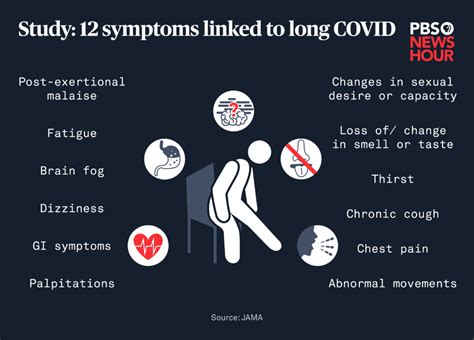
Respiratory Symptoms
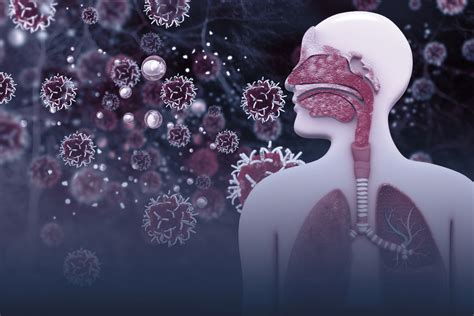
Causes of Respiratory Symptoms
The causes of respiratory symptoms in Long Covid are multifaceted and not yet fully understood. However, research suggests that lingering inflammation, scarring, and damage to the lung tissue may contribute to these symptoms. Additionally, the COVID-19 virus may trigger an overactive immune response, leading to excessive inflammation and tissue damage.Cardiovascular Symptoms
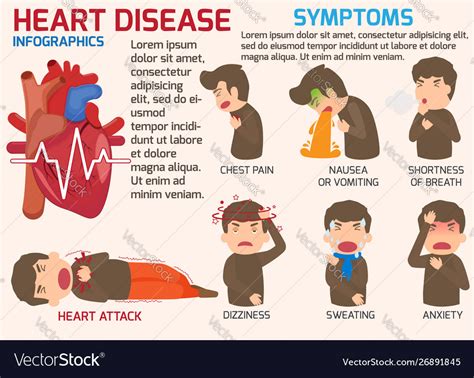
Managing Cardiovascular Symptoms
Managing cardiovascular symptoms in Long Covid requires a comprehensive approach, including lifestyle modifications, medication, and close monitoring. Patients may need to adopt a heart-healthy diet, engage in regular exercise, and manage stress to alleviate symptoms. In some cases, medication may be necessary to control blood pressure, cholesterol levels, or other cardiovascular risk factors.Neurological Symptoms

Coping with Neurological Symptoms
Coping with neurological symptoms in Long Covid requires a combination of self-care strategies, lifestyle modifications, and medical interventions. Patients may need to prioritize rest, engage in cognitive exercises, and manage stress to alleviate symptoms. In some cases, medication or therapy may be necessary to address underlying conditions, such as depression or anxiety.Musculoskeletal Symptoms
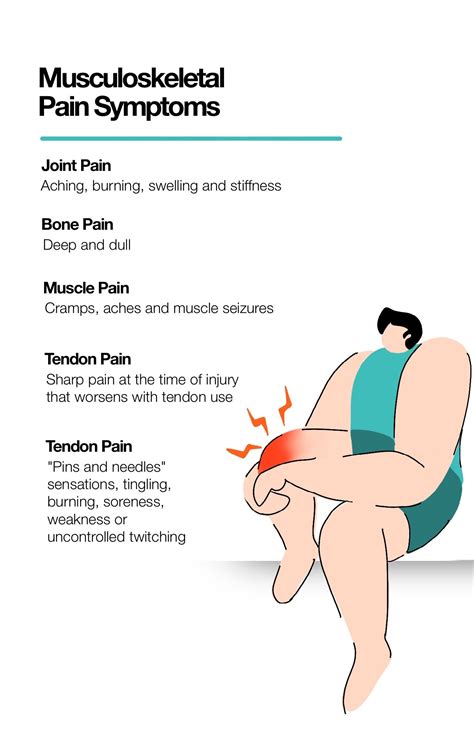
Managing Musculoskeletal Symptoms
Managing musculoskeletal symptoms in Long Covid requires a comprehensive approach, including lifestyle modifications, exercise, and medical interventions. Patients may need to adopt a gentle exercise routine, engage in physical therapy, and manage pain to alleviate symptoms. In some cases, medication or alternative therapies, such as acupuncture or massage, may be necessary to address underlying conditions.Gastrointestinal Symptoms
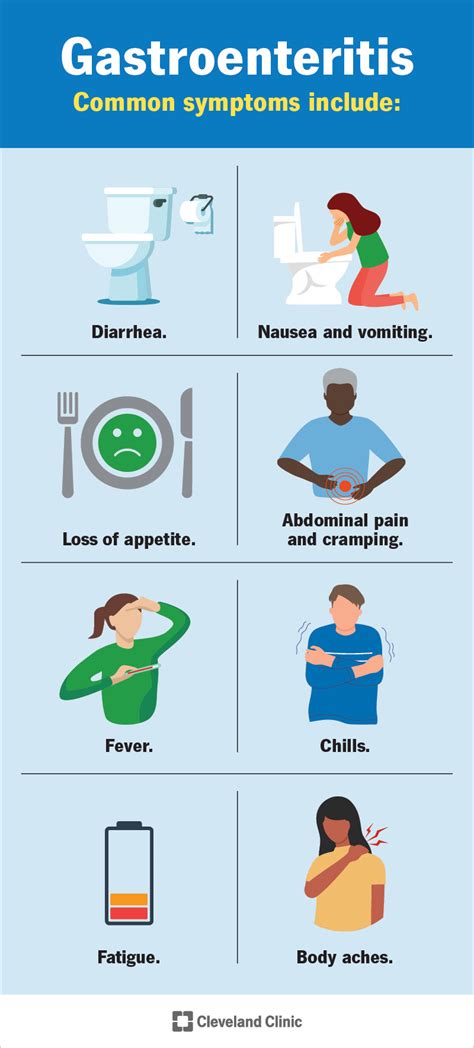
Coping with Gastrointestinal Symptoms
Coping with gastrointestinal symptoms in Long Covid requires a combination of self-care strategies, lifestyle modifications, and medical interventions. Patients may need to adopt a gentle diet, manage stress, and engage in relaxation techniques to alleviate symptoms. In some cases, medication or alternative therapies, such as probiotics or acupuncture, may be necessary to address underlying conditions.Psychological Symptoms

Managing Psychological Symptoms
Managing psychological symptoms in Long Covid requires a comprehensive approach, including self-care strategies, lifestyle modifications, and medical interventions. Patients may need to prioritize rest, engage in relaxation techniques, and manage stress to alleviate symptoms. In some cases, medication or therapy may be necessary to address underlying conditions, such as depression or anxiety.Immune System Symptoms
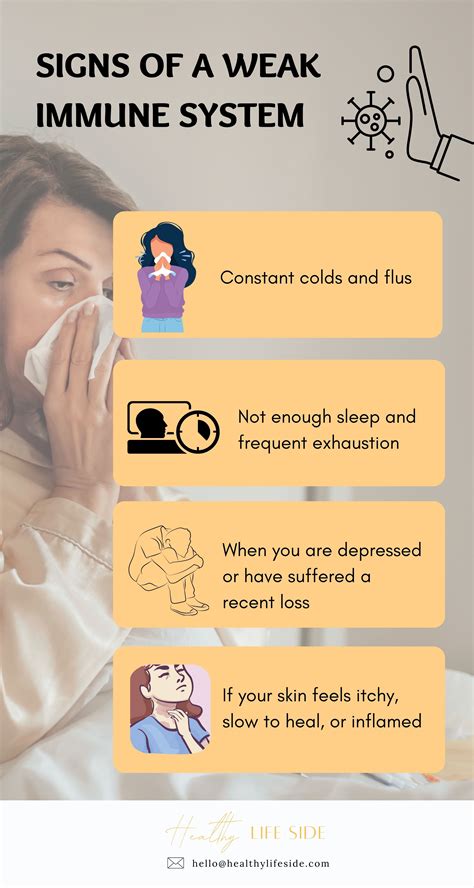
Coping with Immune System Symptoms
Coping with immune system symptoms in Long Covid requires a combination of self-care strategies, lifestyle modifications, and medical interventions. Patients may need to prioritize rest, engage in stress-reducing activities, and manage inflammation to alleviate symptoms. In some cases, medication or alternative therapies, such as supplements or immunomodulators, may be necessary to address underlying conditions.As we conclude our exploration of the 7 Long Covid symptoms, it is essential to recognize the complexity and variability of this condition. Each symptom can have a significant impact on daily life, and it is crucial to seek medical help if symptoms persist or worsen over time. By understanding the causes, mechanisms, and management strategies for each symptom, we can better navigate the challenges of Long Covid and work towards recovery.
If you or someone you know is experiencing Long Covid symptoms, we encourage you to share your story, ask questions, or seek support in the comments below. Together, we can build a community of understanding and support, working towards a future where Long Covid is better understood and managed.
What is Long Covid, and how is it different from acute Covid-19?
+Long Covid, also known as Post-Acute Covid-19 or Chronic Covid-19, refers to the persistence of Covid-19 symptoms beyond the expected recovery period, often lasting for weeks, months, or even years. Unlike acute Covid-19, which typically resolves within 2-4 weeks, Long Covid is characterized by lingering symptoms that can vary in severity and impact daily life.
What are the most common Long Covid symptoms, and how can they be managed?
+The most common Long Covid symptoms include respiratory distress, cardiovascular symptoms, neurological symptoms, musculoskeletal symptoms, gastrointestinal symptoms, psychological symptoms, and immune system symptoms. Management strategies vary depending on the symptom and individual needs but may include lifestyle modifications, medication, therapy, and alternative therapies.
Can Long Covid be prevented, and what steps can be taken to reduce the risk of developing the condition?
+While there is no guaranteed way to prevent Long Covid, certain steps can be taken to reduce the risk of developing the condition. These include getting vaccinated against Covid-19, practicing good hygiene, wearing masks in public, and maintaining a healthy lifestyle, including a balanced diet, regular exercise, and stress management.
How can I cope with the emotional and psychological impact of Long Covid, and what resources are available for support?
+Coping with the emotional and psychological impact of Long Covid requires a combination of self-care strategies, lifestyle modifications, and medical interventions. Patients may need to prioritize rest, engage in relaxation techniques, and manage stress to alleviate symptoms. Resources available for support include online communities, support groups, therapy, and counseling services.
What is the current state of research on Long Covid, and what do we hope to learn from ongoing studies?
+The current state of research on Long Covid is rapidly evolving, with ongoing studies aiming to better understand the causes, mechanisms, and management strategies for the condition. Researchers hope to learn more about the underlying biological mechanisms, identify effective treatments, and develop strategies for prevention and mitigation.
